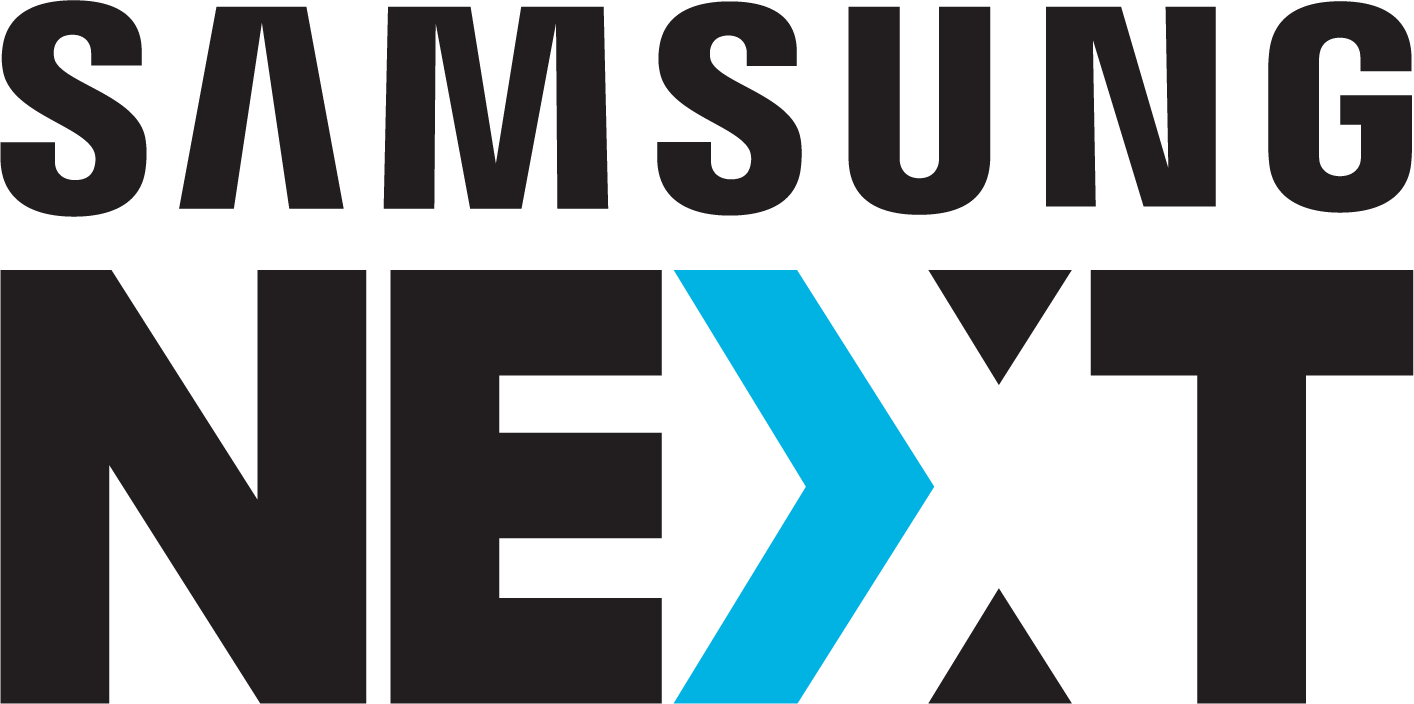Why we invested in Anzu, the intrinsic in-game advertising platform
Although many view in-game advertising as a new phenomenon, it has actually been around for a long time. Back in the early 2000s, a number of companies including Massive and Double Fusion, tried to bring about an in-game advertising revolution however, the ad industry, technology, and people’s mindsets were not ready. With most games using the pay-to-play model and very few free-to-play titles available, especially outside of the mobile ecosystem, game developers were also not ready to adopt this new business model.
Fast forward two decades and in-game advertising has become one of the fastest-growing ad formats. Anzu, the world’s most advanced intrinsic in-game advertising platform, is leading the way thanks to its cross-platform solution that supports dynamic advertising and complements play, bringing a sense of realism to titles rather than interrupting gamers. The Anzu SDK technology helps to bring real-world brand ads into games across mobile, PC, console, and the metaverse in a non-disruptive way. The ads sit within the in-game environment in places where you would expect to find them in the real world, like alongside race tracks, on the sides of buildings, and around sports stadiums.
We invested in Anzu because it has verifiably solved the latency problem that prevented premium game publishers from embracing dynamic in-game advertising – and because its ad-server and management system provides transparent viewership tracking and analytics to support inventory management and performance measurement. Samsung Next joined other prominent investors including NBCUniversal, HTC, Sony Innovation Fund, and WPP in a $20 million round.
Interest from the entire entertainment ecosystem underscores the potential of Anzu’s platform. Its programmatic gateway provides benefits for both the supply and demand sides of the market. The platform supports developers, advertisers, and gamers by creating a revenue stream that seamlessly integrates with gameplay. Anzu’s proprietary research found that 70% of gamers are positive or neutral towards their in-game ads, and 50% of gamers aged 25-44 say this type of advertising enhances the gaming experience.
Advertising revenue is increasingly important as the gaming industry shifts away from pre-paid models and embraces a free-to-play approach. According to Technavio, the in-game advertising market is projected to surpass $300 billion a year by 2025.
Anzu’s patented cross-platform technology supports in-game ad placement, attribution, and management. The Anzu architecture is embedded in game engines, which enables it to facilitate dynamic advertising that does not hinder memory access or runtime. Eliminating demand on CPU resources helps to reduce latency and optimize performance and renders it across platforms.
Levi’s in Trackmania
Direct competitors are limited to specific platforms or proprietary game engines. Unlike many other companies we’ve monitored over the years, Anzu’s platform-agnostic solution provides an important competitive advantage. The technology has been validated on numerous platforms, ranging from consoles to the HTC XR and the Metaverse.
Anzu’s technology is infinitely scalable because it is server-based and compatible with individual edge devices, PCs, and gaming consoles. It also enables game developers to work with any distributor or ad network they choose.
From an analytics perspective, Anzu’s technology provides 3rd-party verified ad measurement. Its patented 3D ad tracking engine measures ad viewability and impressions in real-time – and in accordance with the updated Interactive Advertising Bureau (IAB) / Media Rating Council (MRC) standards for intrinsic in-game advertising. The platform also ensures compliance with the European Union’s General Data Protection Regulation (GDPR) and other personal privacy regulations.
Anzu is growing rapidly by onboarding new game developers and signing partnerships with advertisers, adtech vendors, and entertainment companies. Looking ahead, its ubiquitous cross-platform functionality has the potential to become the de facto standard for in-game advertising.
Royi Benyossef is investment director at Samsung Next. Samsung Next's investment strategy is limited to its own views and does not reflect the vision or strategy of any other Samsung business unit, including, but not limited to, Samsung Electronics.

